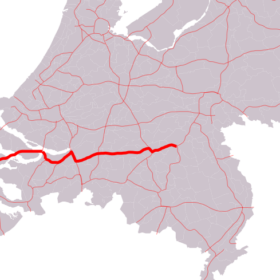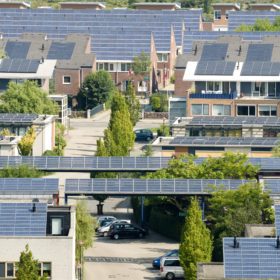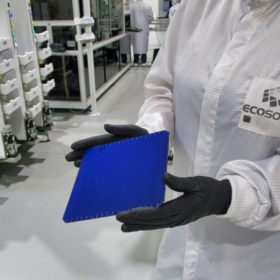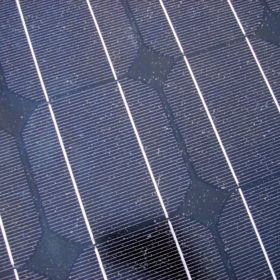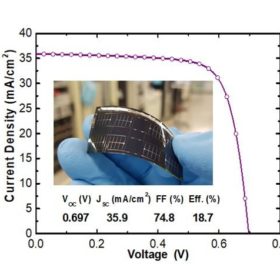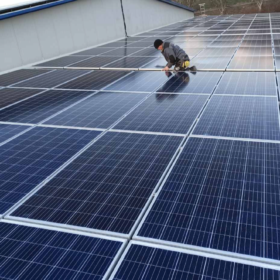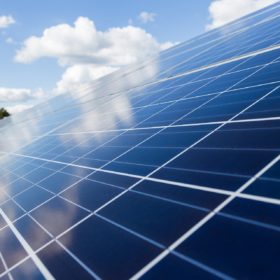A new manufacturing process for 19.5% efficient perovskite solar cells
Researchers in China have proposed manufacturing perovskite cells using a pre-nucleation technique. Compared to traditional solvent dripping methods, the approach enables the creation of smaller crystallites in the perovskite films as uncontrolled crystallite growth affects the efficiency and durability of cells.
Planned 48 MW Netherlands solar plant could be another solar highway
It is not clear whether panels will line the Rijksweg 59 highway or be sited next to a stretch of it. UK oil giant Shell is planning the installation as part of a renewables cluster to also feature wind power.
Energy community provisions for Italy
New measures introduced by the government allow households, businesses and public entities to produce and trade clean electricity in low-voltage grids. The new framework is open to power projects with a generation capacity no larger than 200 kW.
A commercial bifacial HJT solar cell with 24.1% efficiency
The cell is being manufactured by Switzerland-headquartered Ecosolifer with a manufacturing line provided by heterojunction specialist Meyer Burger at a 100 MW factory located in Hungary. The claimed efficiency is yet to be confirmed by an independent party.
Achieving 21.2% efficiency in a perovskite cell thanks to food additives
South Korean scientists have developed two perovskite solar cells based on a polymer made with peppermint oil and walnut aroma food additives, respectively. The new dopant‐free hole transport polymer is said to enable longer durability of the devices and to prevent lead-leakage.
A new PV emulator to evaluate the I-V profile of solar panels
The device is based on a state-feedback adaptive control system in a real-time controller. According to its developers, it can achieve good dynamic response and boasts better bandwidth than current commercial alternatives.
Korean researchers announce flexible CIGS solar cell with 20.4% efficiency
The thin-film cell was manufactured through a low-temperature process and doping with alkali elements.
Moldova introduces feed-in tariff for small scale solar
The 15-year payments will come into force when new renewables FITs are published in the country’s official journal within the next few days. The government wants to allocate 15 MW of solar facilities ranging in size from 10 kW to 1 MW through the scheme, with larger projects having to compete in auctions.
Italian firm finalizes acquisition of ABB inverter business
Italian inverter maker Fimer has completed its purchase of ABB’s manufacturing and R&D sites in Finland, India and Italy, along with 800 employees in 26 countries. Fimer said the combined business will ship more than 7 GW of inverters this year.
Ukraine unveils plan for retroactive FIT cuts
The government has suggested PV plant operators accept a ‘voluntary’ 12.5% reduction in feed-in tariffs. If developers refuse, policymakers could impose 15-25% cuts, albeit with payment contracts extended five years. The drastic measures are being considered to reduce the cost of the state-owned Guaranteed Buyer body, which purchases all electricity generated in Ukraine from renewable energy facilities.


